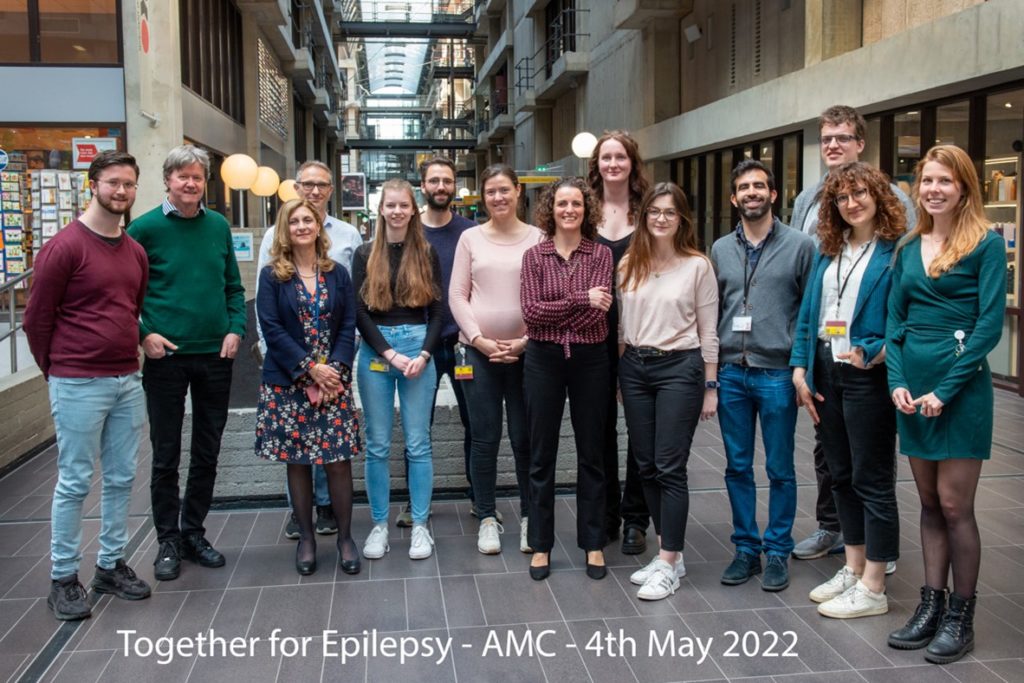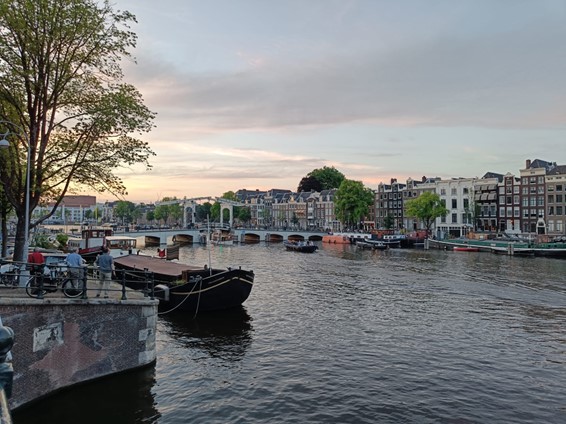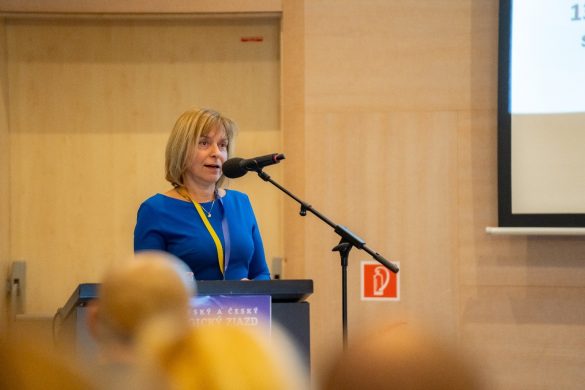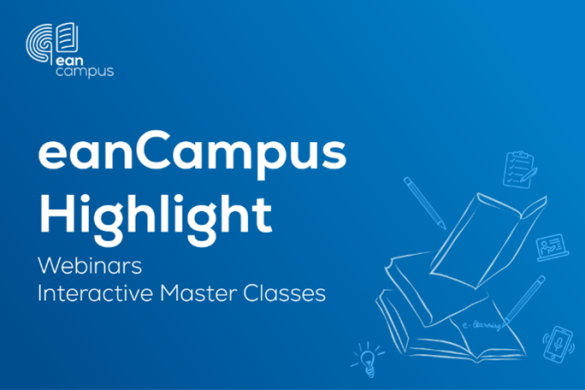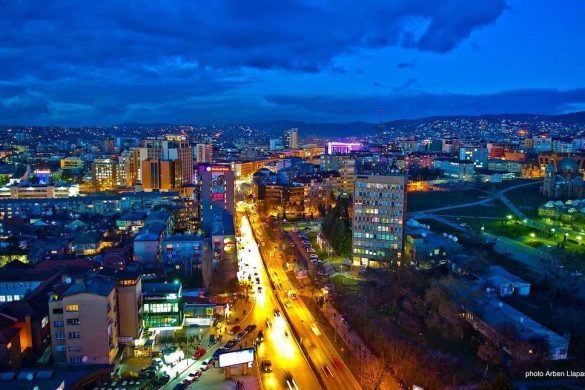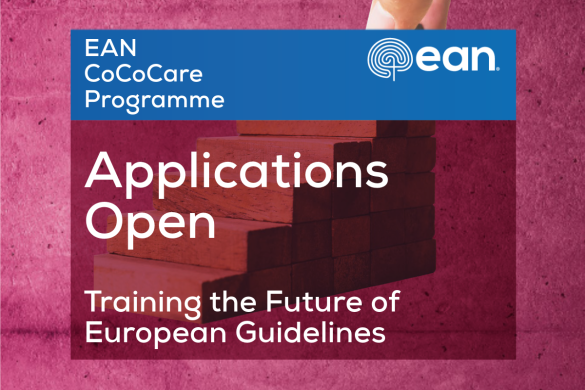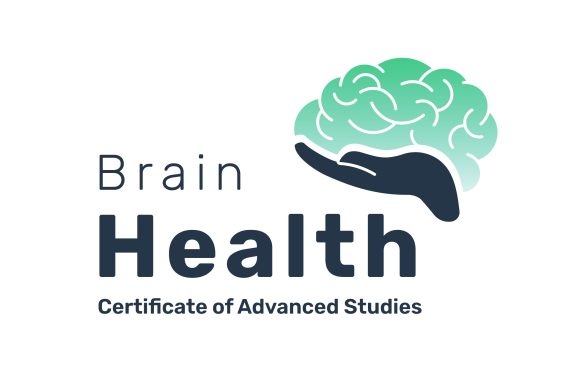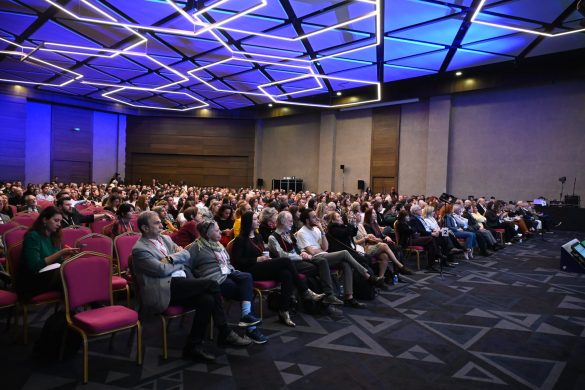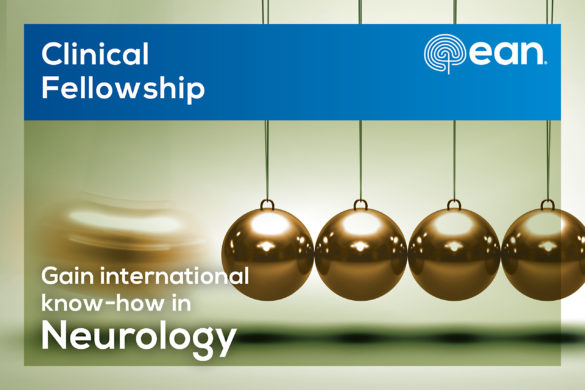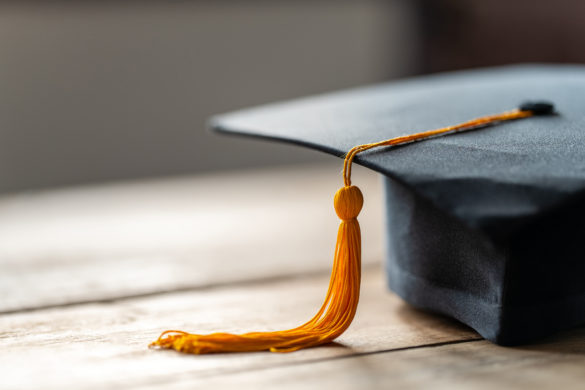by Pedro Coelho, Lisbon, Portugal
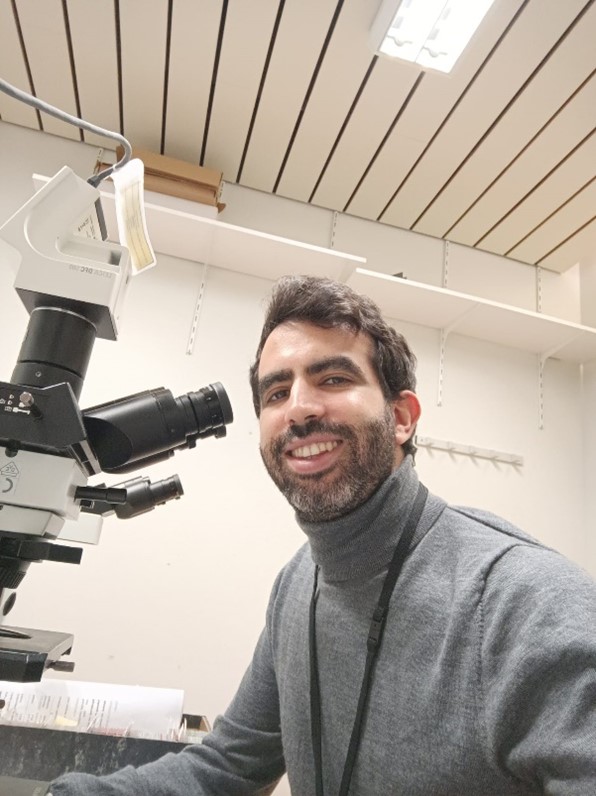
It was a privilege to have been able to participate in the EAN Research Fellowship 2022 at the Department of Neuropathology, Amsterdam UMC, in the Netherlands, under the direct supervision of Prof. Eleonora Aronica. This six-month fellowship translated into the most valuable opportunity of developing a research project in the neuropathology of epilepsy field, studying its association with cerebral small vessel disease, considering epilepsy patients are more prone to cerebrovascular disease than the general population.
…
The possibility of accessing their brain autopsy bank allowed me to compare the findings of cerebral small vessel disease between operated patients with hippocampal sclerosis vs controls. This project also opened the way to establishing a collaboration between my home department in Lisbon and Amsterdam UMC, which I hope will continue to result in interesting projects and research in the future.
During my stay in Amsterdam, besides the specific project I went with in mind, I was able to deeply perfect my knowledge concerning different fields of neuropathology, as the department is profoundly involved in clinical work, including neuro-oncology, epilepsy, neurodegenerative diseases, neurodevelopmental disorders, muscle disorders and autopsy studies. Furthermore, I had the chance to visit neuropathology departments in other institutions to learn from colleagues in other fields such as paediatric neuro-oncology. This experience was of paramount importance as neuropathology has a steep learning curve, more so if you have a clinical neurology background. Other learning opportunities arose from several clinical research meetings organised by the department, in which I actively participated during my internship.
I was also able to follow the outpatient clinic of the neurology department on a weekly basis, particularly in the field of neuromuscular disorders, under the guidance of Prof. Anneke van der Kooi and Prof. Joost Raaphorst. This was also a good learning experience since these patients underwent muscle biopsy studies.
A weekly muscle biopsy meeting took place which included both neuromuscular dedicated clinicians and neuropathologists, where clinical and paraclinical details of the patients were discussed, with particular focus on histological characteristics of their muscle biopsies. In this regard, the close partnership of the neuromuscular team and Prof. Eleonora Aronica presented as an opportunity to be integrated into new projects concerning muscle pathology.
Besides the clinical and research work, my stay in Amsterdam was very enjoyable, and I quite enjoyed exploring the Netherlands on my free time. It is easy to visit most cities using public transportation, and Dutch culture has so much to offer. If you happen to love Dutch painters, the problem will be choosing where to go! I also enjoyed the company and friendship of many new friends from the neuropathology department, which I already had the opportunity to meet again since having returned to Portugal.
I had a fantastic experience in Amsterdam, both on a professional and personal level, and I believe that my future career in neurology, namely neuropathology, will greatly benefit from this research fellowship. I am quite eager to maintain this collaboration and looking forward to new projects to embark on. I am sure that we will be able to maintain our interesting discussions about more demanding neuropathology cases.
Lastly, I would like to thank the European Academy of Neurology for having made this research fellowship possible, translating into a major learning opportunity which will definitely play such an important part in my future.
…

